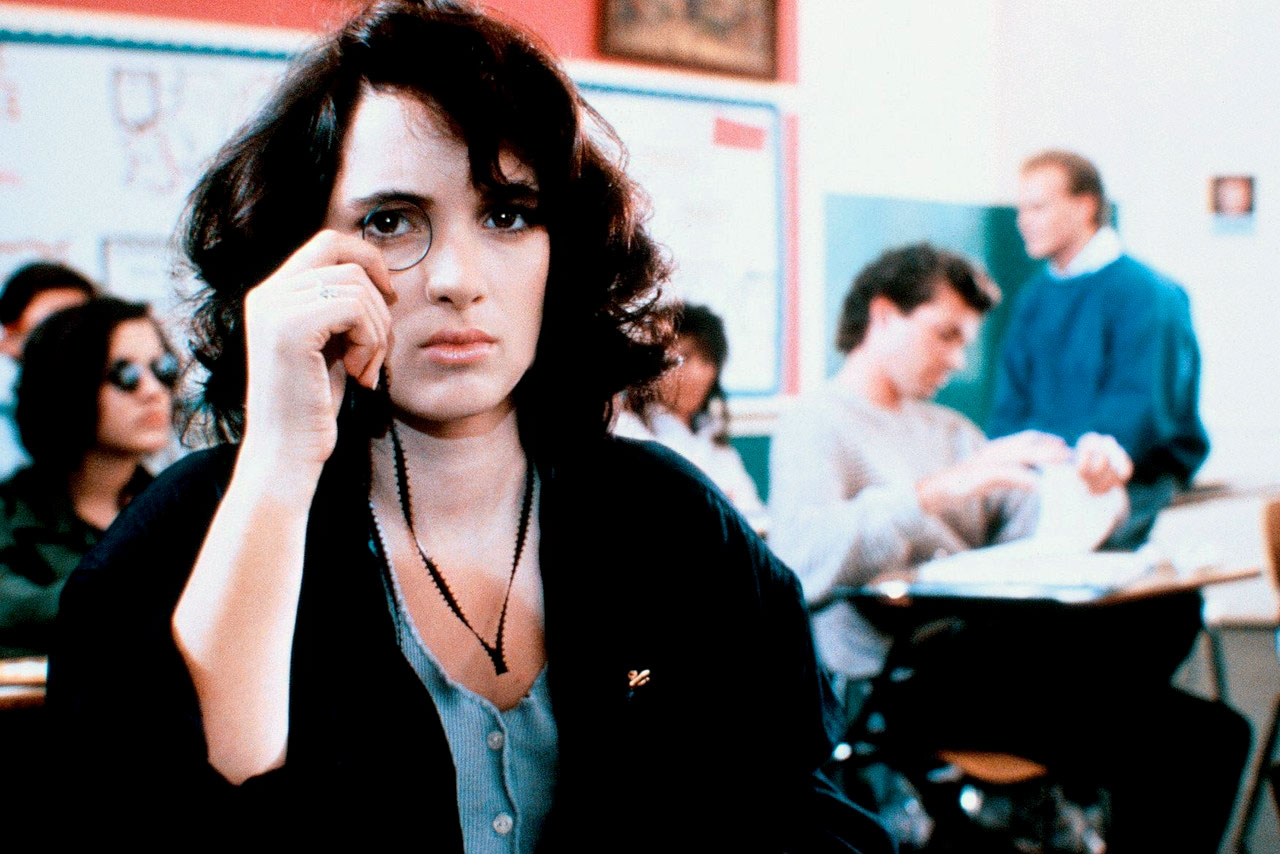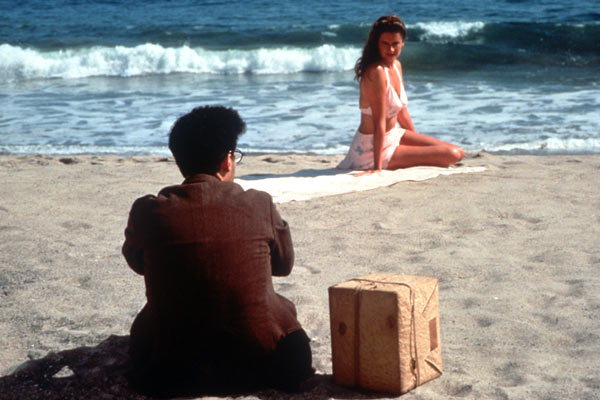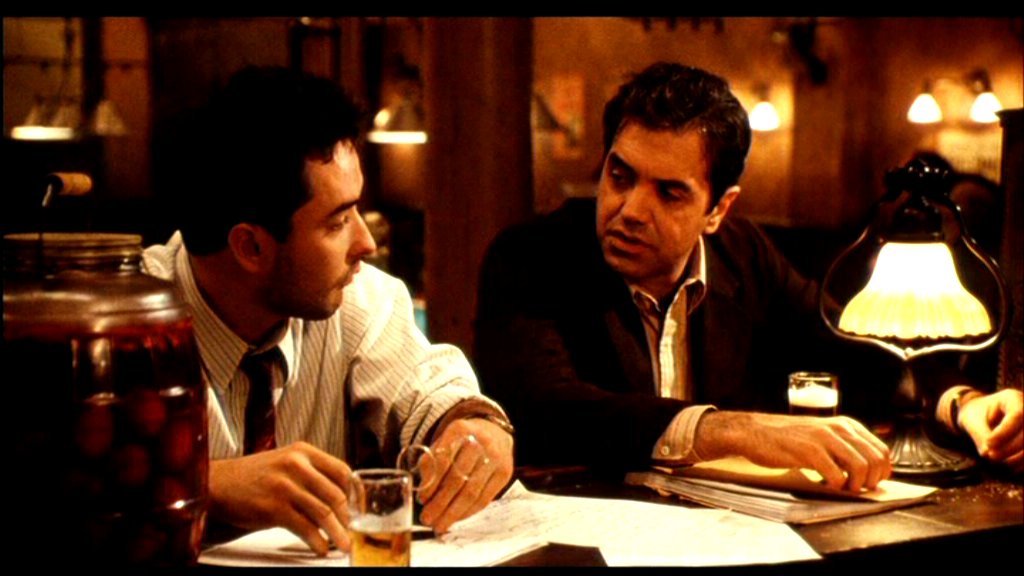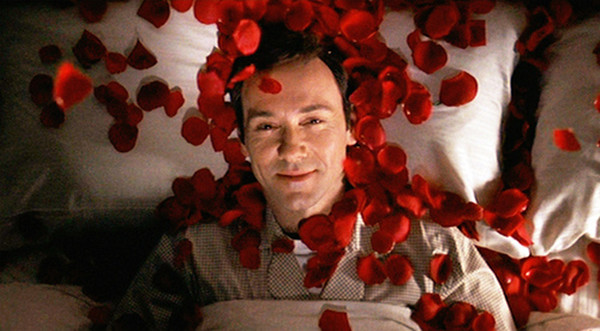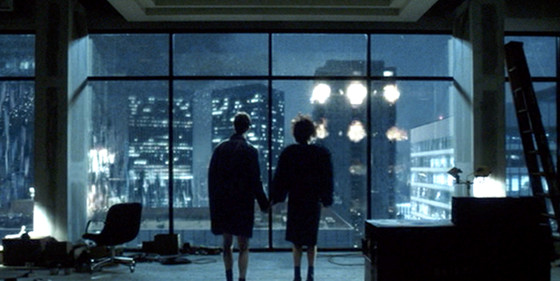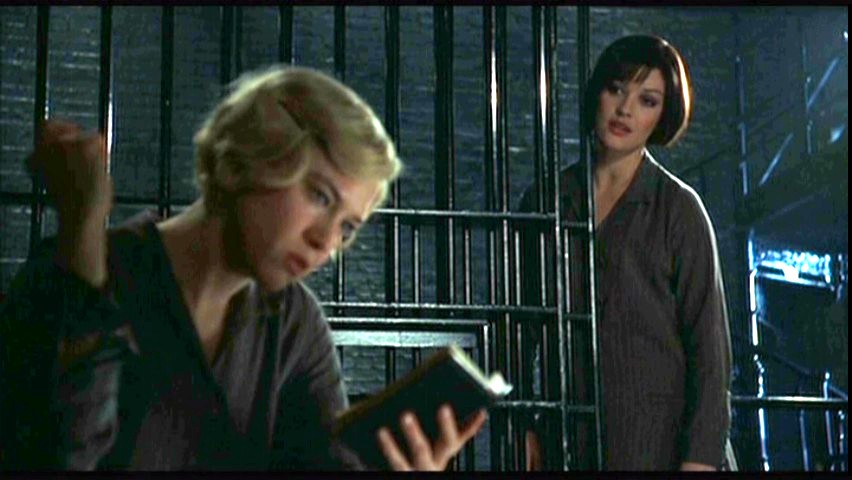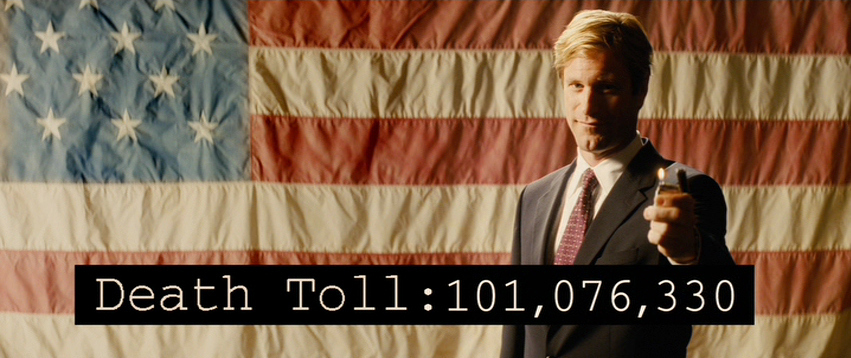8. Brazil (1985)
Directed by Terry Gilliam. Screenplay by Terry Gilliam, Tom Stoppard and Charles McKeown
Described as a dystopian satire, Brazil recreates an outrageous reality that can only be escaped from through insanity. Gilliam’s film returns to the true essence of satire, the literary concept that deals with the unpleasant.
The movie makes fun of certain social systems but the main criticism goes to the bureaucratic system and corrupted present we live in. It’s shown as a dystopian world, where taking responsibility is not an option and imagination is the only hope the main character has.
Jonathan Pryce makes a huge step in his career by playing the main character Sam Lowry, a government employee who attempts to escape his misery by having daydreams of saving a damsel in distress. The film also stars Robert De Niro, Jim Broadbent, Kim Greist and Michael Palin.
9. Heathers (1988)
Directed by Michael Lehmann. Screenplay by Daniel Waters
Unlike the typical Brat Pack movies, Lehmann’s Heathers is a killer comedy that satires the now infamous teen genre. Starring Winona Ryder, Shannen Doherty and Christian Slater, the film follows the struggle of a regular girl who attempts to survive school by joining the Heather girls group.
The film mocks the stereotype of American high school, as well as the 1980s model of teen life which centres around popularity and self destruction (something that continues to apply in the 21st century). The result of Waters’ screenplay is a plot full of wrecking and revenge.
10. Barton Fink (1991)
Directed by Joel Coen. Screenplay by Joel & Ethan Coen
When we hear that the Coen Brothers are behind a movie, we know – or at least expect – that it’s going to be huge. But in 1991 when they presented Barton Fink at the Cannes Film Festival, they weren’t expecting the immense critical acclaim that it received. The film was that year’s recipient of the Palme d’Or.
Set in Hollywood in 1941, the film follows a playwright that is enjoying the early success of his first Broadway play; but the pressure can be dangerous as the demands get higher. John Turturro as the ambitious author gives an incredible performance, probably one of his best. The Coens’ screenplay is an intelligent and surrealistic satire of human ambition and contains touches of dark comedy. The film criticizes the main character and makes an allegory to Hollywood and the industry.
11. Bullets Over Broadway (1994)
Directed by Woody Allen. Screenplay by Woody Allen and Douglas McGrath
Woody Allen mixes satire with criminal comedy in this film set in 1928 about a young playwright that had just arrived at Broadway. John Cusack plays the leading role. In order to gain finances for his play, he hires the girlfriend of a gangster. Following the concept of Barton Fink, Allen satirizes the desire for power, ambition and money by showing how these desires come to control the life of an idealistic human being.
Even though the film often appears to be a drama, it turns frequently to comedy, with the help of a charismatic character played by Chazz Palminteri who seems to critically represent the common theatre spectator. Probably the underlying message of Bullets is that some people would do anything for their art, even team up with killers. It seems that someone who would fight for their art could end up forgetting the true essence of it, instead placing money and power first.
12. American Beauty (1999)
Directed by Sam Mendes. Screenplay by Alan Ball
American Beauty is probably the masterpiece of its director and the writer, Mendes and Ball respectively. It’s a relief that Ball ended up conceiving this as a screenplay for a movie instead of a play. The film was so widely acclaimed that it received five Academy Awards out of eight nominations and was also considered the Best Film of 1999.
American Beauty satirizes the the American way of life, showing that the apparent perfection is nothing but a dream. All the characters are profound demonstrations of the fiction that is the American Dream since none of them is really what he or she aspires to be. This is directly referred to by Colonel Fitts (played by Chris Cooper) who says during one scene that he ‘gave up his chance to be himself’.
The film stars Kevin Spacey as Lester Burnham, a man who undergoing a midlife crisis. Annette Bening is Lester’s wife Carolyn, an ambitious and manipulative real estate broker. Thora Birch is their daughter Jane; Mena Suvari plays Angela, Jane’s who becomes Lester’s sexual interest. The cast includes Wes Bentley, Chris Cooper and Allison Janney, among others.
13. Fight Club (1999)
Directed by David Fincher. Screenplay by Jim Uhls, based on the novel of Chuck Palahniuk
Considered a cult film, David Fincher’s black comedy is the result of his visceral technique applied to a trenchant satire. The movie represents the conflict within the younger generation using violence as a metaphor. It’s also a way of showing the destruction that society suffers as consumerism takes over people’s lives, generating a lack of fulfillment.
Brad Pitt plays Tyler Durden, the antagonist who is referred to as a free spirit. He lives with a philosophy that rejects consumerism and other features of modern western society, such as capitalism and technology. Edward Norton is the unreliable narrator, a nameless character that represents an everyman as well as an antihero. His desperate attempts to treat his insomnia, lead to his meeting with Tyler and the formation of his ‘fight club’.
14. Chicago (2002)
Directed by Rob Marshall. Screenplay by Bill Condon, based on the musical by John Kander and Fredd Ebb
Chicago follows the killer-art theme that was previously mentioned in Bullets Over Broadway. A satire of how anyone can break into show business, especially those who are capable of murder. Rob Marshall’s revival of Bob Fosse’s 1975 stage musical, shows us that to be successful in the savage world of celebrities, you have to be a true criminal.
The film adaptation perfectly illustrates how black comedy in the form of a musical can deliver even greater cynicism and critique. Renée Zellweger and Catherine Zeta-Jones star as the showgirl killers; both played their characters exquisitely. Richard Gere completes this trio by playing the tricky attorney who will do anything for $5,000.
15. Thank You For Smoking (2005)
Directed by Jason Reitman. Screenplay by Jason Reitman, based on the novel by Christopher Buckley
Before Juno and Up in the Air, writer-director Jason Reitman tried his luck with this contemporary, ironic take of the tobacco industry and its political interests. This is probably one of the most up-to-date satires, a critique of our anti-smoking era.
Based on the Buckley’s novel of the same name, the film follows the charismatic vice-president of a tobacco lobby group. Aaron Eckhart in the main role of Nick Naylor gives a charismatic performance; it is fascinating to watch him convince people about his industry. He maintains that there is no connection between lung cancer and tobacco and still manages to be a ‘role model’ to his twelve-year-old son.
The satirical nature of the plot makes it almost impossible not to enjoy, particularly since it is determinedly politically incorrect. The film manages to be both funny and insane to the very end.
Author Bio: Valentina Starcovich is a drama student and aspiring film critic from Montevideo, Uruguay. Since a girl she developed an obsession for movies that is soon going to be taking a blog form in puzynina: http://www.puzynina.co.vu/.

